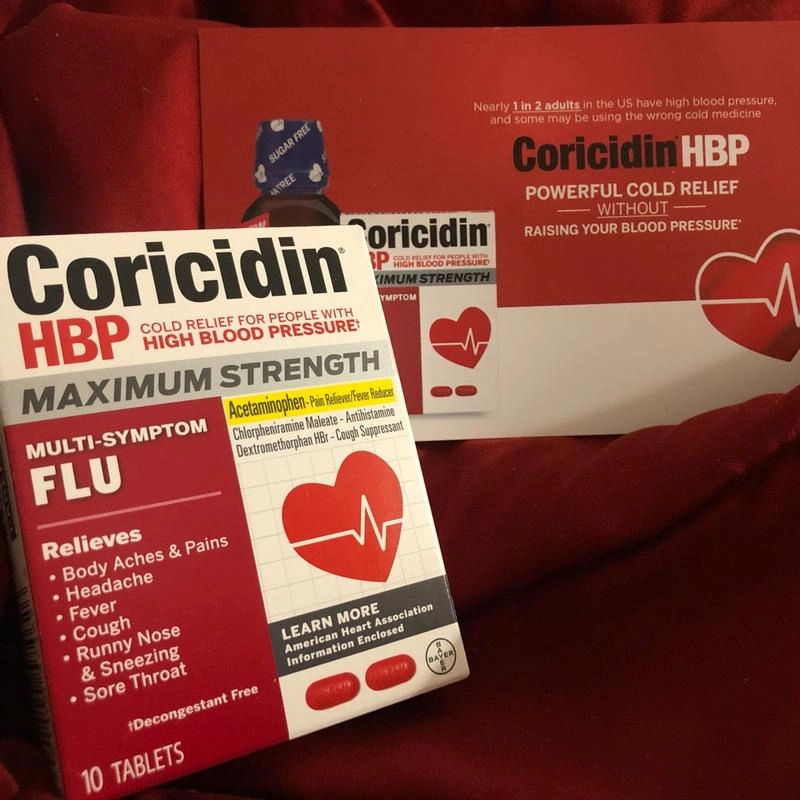Whole foods are actually good to the body because of its organicity, a lot of us might be wondering why whole foods are beneficial. Check out the benefits of whole foods.

Whole foods plant-based ways to eating place an emphasis on the intake of fruits, vegetables, whole grains, and legumes and have numerous health benefits. We’d take you through the benefits of whole foods while you keep reading.
What are Whole Foods?
Lisa Young, PhD, RDN, author of Finally Full, Finally Slim and adjunct professor at New York University, explains that a whole-foods diet is neither formal nor commercial. Rather, a whole-foods-based eating plan is intended to be long-term and sustainable.
It’s about as self-explanatory as it gets: you fill your plate with whole foods and avoid processed foods wherever possible. Whole foods, according to Dr. Young, are as natural and unprocessed as possible. They include whole grains, fruits and vegetables, lean meats like chicken and fish, milk, yogurt, legumes, nuts, and seeds.
What Are the Benefits of Whole Foods?
According to Young, whole foods keep their nutrients, phytochemicals, and fiber, which are often stripped away in processed foods. There are several strong reasons to shift towards a diet rich in these nutrient-dense fresh foods and reduce processed food intake, including:
Chronic Disease Prevention
While some animal products are allowed in this diet, a whole-foods approach usually increases the consumption of healthy plant-based foods, focusing on fruits, vegetables, nuts, seeds, and legumes.
Research suggests that people adhering to a plant-based diet have a 19% lower risk of dying from cardiovascular disease and an 11% lower risk of death from all causes compared to those eating fewer plant-based foods.
Additionally, a review highlighted that diets rich in whole foods—like whole grains, vegetables, fruits, fermented dairy, fish, olive oil, nuts, chocolate, coffee, and tea—are linked to a reduced risk of cancer, type 2 diabetes, heart disease, and stroke.
Conversely, higher consumption of red and processed meats and sugary drinks is linked with an increased risk of these conditions.
Chronic Disease Management
A diet rich in plant-based whole foods is usually high in essential nutrients such as vitamins, minerals, and antioxidants.
This approach can also help naturally limit fat and calorie intake, making it helpful for managing or treating conditions like type 2 diabetes, heart disease, chronic kidney disease, and autoimmune disorders.
Weight Loss
Many processed foods are high in sugar and salt for taste enhancement. Eliminating these can reduce calorie intake, possibly leading to weight loss, as Young notes.
A randomized controlled trial found that participants eating a processed diet ate 500 more calories daily than those on an unprocessed diet, resulting in a weight gain of about two pounds over two weeks.
When moved to an unprocessed diet, participants lost that weight. Although this study was small and short-term, larger studies suggest that high consumption of ultra-processed foods increases the risk of heart disease and stroke.
In another study, participants following a whole-food, plant-based diet lost around 10 pounds over six months, while a control group dropped less than one pound. Notably, those on the whole-foods diet sustained their weight loss for a year.
Improved GI Health
Incorporating fiber-rich foods—such as whole grains, legumes, fruits, and vegetables—helps meet the required daily fiber intake (25 grams for women and 38 grams for men).
Young emphasizes that a fiber-rich diet is linked with lower rates of chronic diseases and better digestive health.
A Stronger Immune System
A balanced, healthy diet helps immune function. By focusing on variety, you ensure a broad intake of nutrients like vitamin C, zinc, and selenium, which are important for bolstering the immune system.
Conversely, a diet low in fruits and veggies but high in ultra-processed foods may negatively impact gut health and increase inflammation, both of which can weaken immune defenses.

Does Whole Foods Cost Much?
Eating nutritious whole foods has economical benefits; they are generally cheaper than processed ones and widely are available. Kaiser observes that processed foods often cost more, like gourmet rice mixes compared to brown rice.
While making healthy meals takes time, it’s possible to limit processed foods without removing them totally. Opting for snacks like nuts or fruit is as straightforward as grabbing an energy bar.
Variety is vital for a balanced diet; instead of fretting over individual nutrients, focus on consuming a wide range of fruits, vegetables, and whole grains for best health.
Final Thougts
Eating whole foods not only benefits your health but also your budget, making it a good choice for everyone. By choosing whole foods, you would have wonderful meals without breaking the budget.
Additionally, this method enhances mindfulness while eating, enabling a greater appreciation for the natural flavors and minerals in your food.
Remember, the goal is not perfection but progress; tiny, persistent adjustments can lead to substantial increases in your general well-being.






